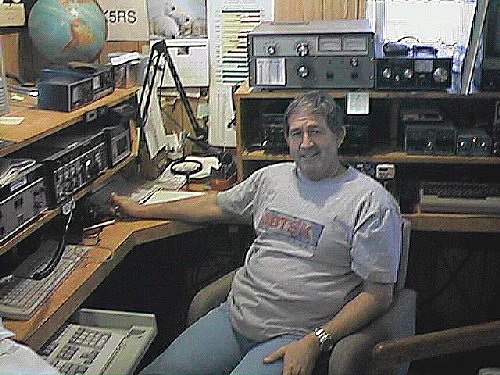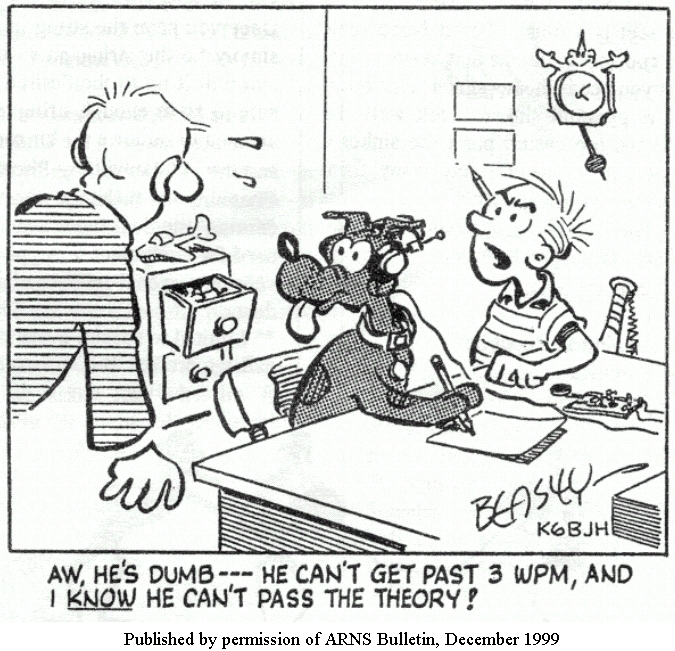Message from the President—Steve Hopkins,K5RS 
Happy New Year to all. By now everyone is safely passed the non-event of Y2K. We didn't know it was going to be a non-event though. Thanks to everyone who stood by as a matter of precaution, just in case something were to happen. Now we need to think positively about this year that is about to unfold. There are lots of things to think about now that Winter is about half-way done. The Hamfest in Spring is the obvious upcoming event that we all look forward to, but we also have field day this Summer, Airsho & Jamboree on the Air in Fall, and our Christmas Dinner this coming Winter. Not to mention the usual meetings with informative topics, local events in which we can give assistance for communications, and selecting a worthwhile candidate to receive our annual scholarship donation. Maybe in our next issue of the newsletter we can have a cut-out calendar with highlights of the year 2000 events cuz we don't want anyone to miss out on the fun. Any body know what their going to call this Decade anyway? The "Double-Oughts"? After that are we going to have to go through our teens again? Then the "Roaring Twenties?", depression of the 30's? I guess we'll see....... |
